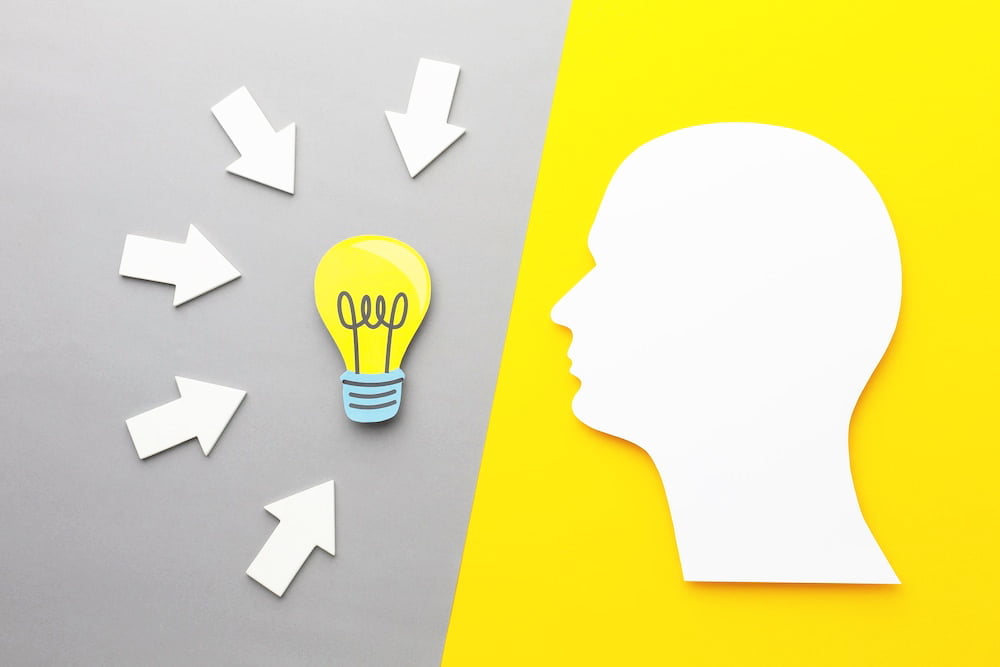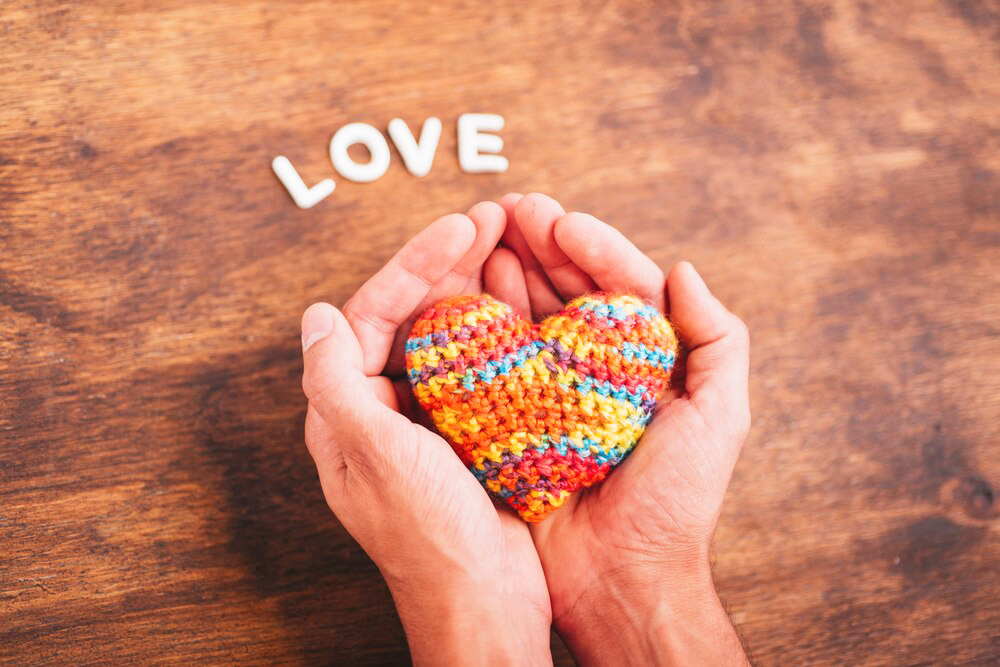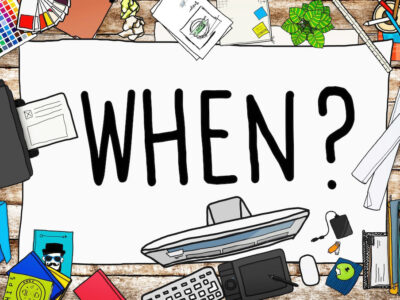Kindness isn’t just a warm feeling or a small act. It’s a powerful force that can change lives and communities. When you choose to be kind each day, those actions ripple outward and create ripples of change. Scientific studies show that kindness benefits our mental and physical health, making us happier and healthier. The truth is, small acts of kindness done consistently can leave a legacy that lasts long after you are gone.
The Psychological and Emotional Benefits of Practicing Kindness
The science behind kindness and happiness
Research reveals that being kind releases feel-good chemicals in the brain. Serotonin and dopamine levels rise when we help others, lifting our mood. For example, volunteering has been linked to lower depression and anxiety. When you give your time or compassion, your brain rewards you with a sense of joy and purpose.
Building stronger emotional resilience
Kindness doesn’t just help others; it also builds your strength. When you show empathy and help in tough times, you develop better coping skills. It reduces stress and boosts your emotional resilience. Making kindness a daily routine can make challenging days easier to handle and help you stay calmer.
Cultivating a positive mindset
Being kind shapes how you see yourself. It encourages a mindset of growth and hope. Psychologists say that acts of kindness help improve your self-esteem and outlook on life. Instead of focusing on negatives, kindness helps you see the good in others and yourself.

How Acts of Kindness Impact Personal Legacy
Creating meaningful relationships
Kindness strengthens bonds that last a lifetime. Helping others build trust and deep connections. People remember those who showed genuine care. Many stories tell of mentors or community leaders whose kindness left a lasting impression — shaping their legacy in the process.
Establishing a reputation of integrity and compassion
Being kind consistently builds a strong reputation. People see you as someone dependable and caring. Whether in your family, workplace, or community, daily acts of kindness show you’re genuine. To create this image, try to practice kindness intentionally every day.
Teaching future generations through example
Kids and young people learn best by watching. When you act kindly, you set a standard for others to follow. Influential leaders like Mahatma Gandhi or Martin Luther King Jr. gained respect because of their compassion. Their legacy inspires us all to lead with kindness.

The Ripple Effect: How Kindness Influences Society
Community strengthening
Neighborhood kindness projects, like cleaning drives or food banks, bring people together. These efforts improve everyone’s quality of life. Data show that communities with high levels of engagement enjoy lower crime rates and better health.
Building a culture of compassion in the workplace
Companies that promote kindness see happier employees. Staff is more loyal and productive. Initiatives like appreciation programs or flexible policies send a message that kindness matters. This approach helps improve reputation and workplace culture.
Global movements inspired by kindness
From international charity drives to peace initiatives, kindness fuels social change. For example, programs like the United Nations’ campaigns promote understanding and cooperation. Leaders worldwide agree that kindness can repair divisions and foster peace.

Long-Term Impacts of Kindness on Society and the Environment
Environmental stewardship and kindness
Many eco-friendly projects start with a simple act of caring. Community clean-ups or tree planting symbolize kindness toward the planet. These efforts leave a green legacy and inspire others to follow.
Creating inclusive and equitable communities
Kindness promotes fairness and respect. Initiatives that support social justice or protect minority rights build stronger bonds. When communities embrace diversity, they create a sense of belonging for all.
Ethical leadership and lasting change
Leaders who show kindness often bring about systemic change. Their example encourages ethical policies and social reforms. If you lead with compassion, you can influence society to grow better and fairer for future generations.

Conclusion
Acts of kindness today create a better world for tomorrow. Small actions can create lasting change in hearts, communities, and the planet. Being kind builds trust, improves health, and inspires others. It creates a legacy of compassion that outlives us. When you choose kindness daily, you’re not just helping someone today—you’re shaping a better world for generations to come. Make kindness your daily habit, and watch your legacy grow.
Also Read: The Joy of Giving Back: How Acts of Kindness Enriched My Life
Discover more from NoseyPepper
Subscribe to get the latest posts sent to your email.










Thanks for this kindly reminder of how good it is to be kind 🙂
Thanks for sharing your valuable feedback.. ☺️☺️